Trump ends individual tariff talks, sends letters to 150 countries
- Update Time : Sunday, May 18, 2025
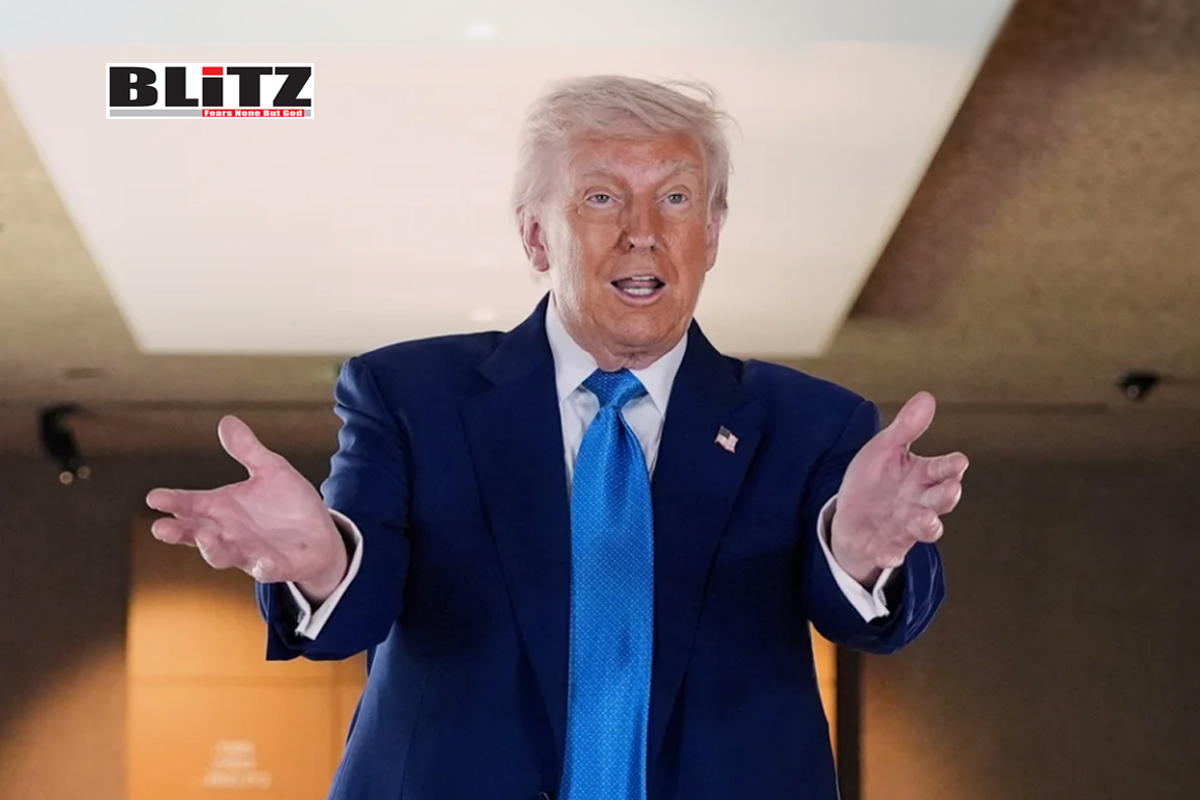
In a sharp departure from decades of bilateral trade diplomacy, US President Donald Trump announced on May 16 that his administration would cease negotiating individual tariff agreements with America’s trade partners. Instead, Washington will notify some 150 countries of new tariff rates via official correspondence, effectively ending talks in favor of a blanket approach to trade policy.
The announcement came during a business roundtable in Saudi Arabia, where Trump doubled down on his new protectionist economic vision. Speaking to a group of regional business leaders, Trump justified the move by claiming that the number of nations seeking bilateral trade talks had become unmanageable. “At the same time, we have 150 countries that want to make a deal,” Trump said. “It’s not possible to meet the number of people that want to see us.”
The decision represents a significant pivot from Trump’s earlier position. On April 2-dubbed “Liberation Day” by the president-the White House had introduced a baseline 10% tariff on all imported goods, along with additional surcharges for countries like China, Mexico, and Canada. At the time, Trump had pledged to negotiate individualized agreements with each of America’s trade partners in the weeks to follow.
However, after receiving a deluge of requests from foreign governments eager to hash out favorable terms, the administration reversed course. Trump now says that US Treasury Secretary Scott Bessent and Commerce Secretary Howard Lutnick will spearhead the effort to send out official letters outlining the updated tariff rates that will apply country-by-country. “We’ll be telling people what they’ll be paying to do business in the United States,” Trump said.
The White House has yet to disclose the exact content of the letters, nor the specific tariff rates being assigned. It also remains unclear whether the notifications will include a timeline for implementation or conditions for revision.
The policy shift has triggered strong reactions both domestically and internationally. Major US retailers such as Walmart and Target have already indicated that the rising cost of imports will force them to raise prices across the board. While consumers may soon feel the pinch, Trump has dismissed such concerns, stating that any price hikes will be “small” and that businesses will adapt by localizing or redirecting their supply chains.
“It’s called leverage,” Trump said. “We are finally using our market power. People want to sell here? They’ll pay for the privilege.”
But critics warn that such a move could invite retaliatory tariffs, disrupt global supply chains, and provoke long-term instability in international markets. The European Union, Japan, and South Korea have all previously hinted at countermeasures in response to unilateral US trade actions.
China’s Ministry of Commerce issued a cautious statement late Friday, saying it would “review the contents of any official U.S. communication” before making further comment. However, analysts warn that unilateral imposition of tariffs without reciprocal negotiation is likely to intensify ongoing tensions with Beijing.
Meanwhile, Canada and Mexico-both longtime US trade partners-have expressed disappointment over the new policy. “This is not how friends and allies do business,” said Canadian Trade Minister Danielle Gagnon. “We were prepared to work constructively toward an updated framework. Now, we’re being handed a letter.”
Experts say the Trump administration’s approach raises a host of legal and diplomatic questions. While the US does have the authority to set tariffs under certain trade laws, the abandonment of negotiations in favor of unilateral imposition may violate the spirit-if not the letter-of World Trade Organization (WTO) rules.
“This is a sea change in trade diplomacy,” said Dr. Marcus Delaney, a trade law professor at Georgetown University. “It’s an unprecedented move for a modern industrial economy to essentially impose terms en masse without prior consultation.”
Delaney also warned that the strategy may backfire, especially if key partners begin redirecting their exports to more predictable markets like the European Union or China. “Trade is about trust,” he added. “If you rip up the rulebook and start mailing out demands, you’re going to lose more than just goodwill.”
Observers believe the announcement is intended, in part, to play to Trump’s domestic base as the 2026 midterm elections approach. The administration has increasingly leaned on themes of economic nationalism and “America First” rhetoric to energize voters who feel left behind by globalization.
“Trump knows his audience,” said political strategist Carla Moreno. “This plays well in Rust Belt states where manufacturing jobs have been outsourced for decades. Whether or not it’s effective policy is another matter entirely.”
The move also comes amid broader signals of disengagement from multilateral institutions. Earlier this year, the Trump administration scaled back US participation in several international forums and even suggested it may withhold funding from the WTO unless reforms are made to accommodate “sovereign tariff rights.”
As the letters begin arriving in foreign capitals over the next two to three weeks, much of the world will be watching closely to see how governments respond. Some may accept the new terms as the cost of doing business with the world’s largest consumer market. Others may retaliate, triggering a new phase in the global trade wars.
In the meantime, American businesses are left to brace for uncertainty. Supply chain managers, importers, and retailers now face the daunting task of navigating shifting costs without any roadmap or transition period.
“This is going to hit us like a freight train,” said Angela Pierce, CEO of a mid-sized electronics importer based in California. “We don’t even know what the rates are yet, and we’re supposed to restructure our business model overnight?”
If Trump’s goal is to force a realignment of global trade around US interests, he has certainly made a bold first move. But whether this new era of dictated tariffs will yield long-term gains-or alienate America’s economic allies-remains to be seen. As with many aspects of the Trump presidency, the world has been given little choice but to wait for the next announcement.


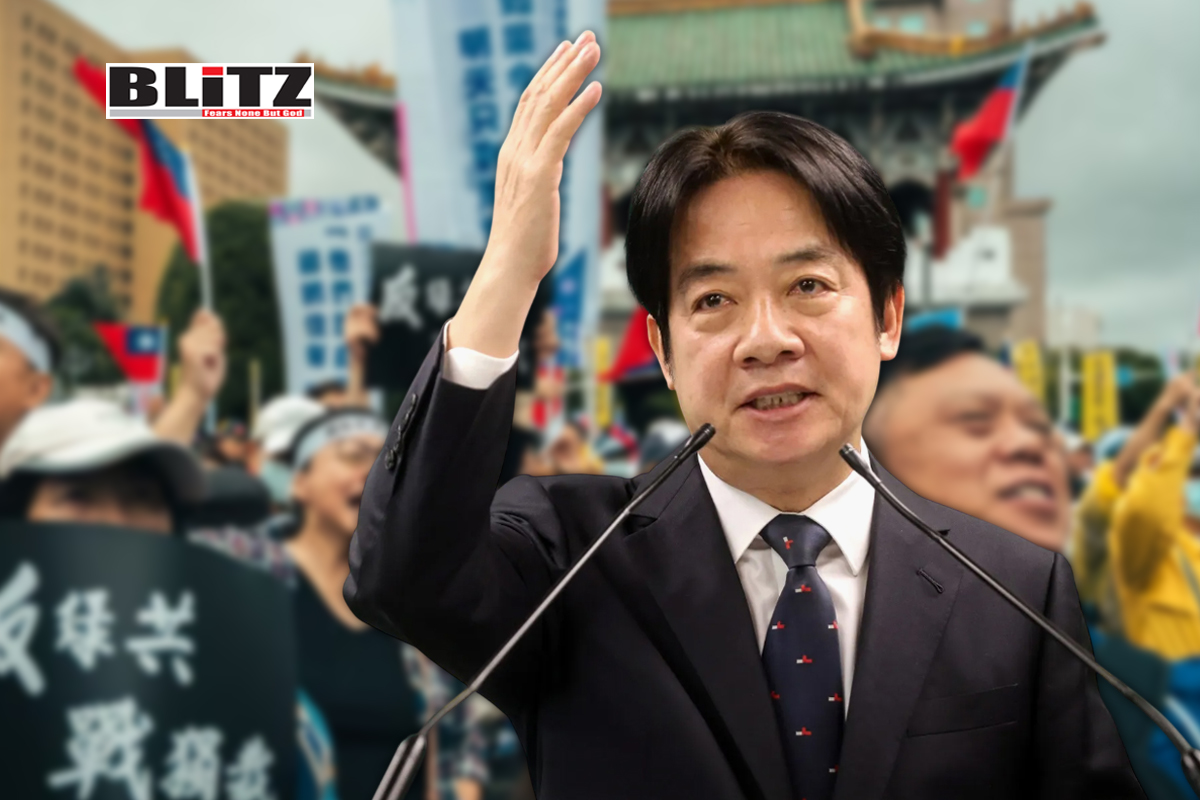
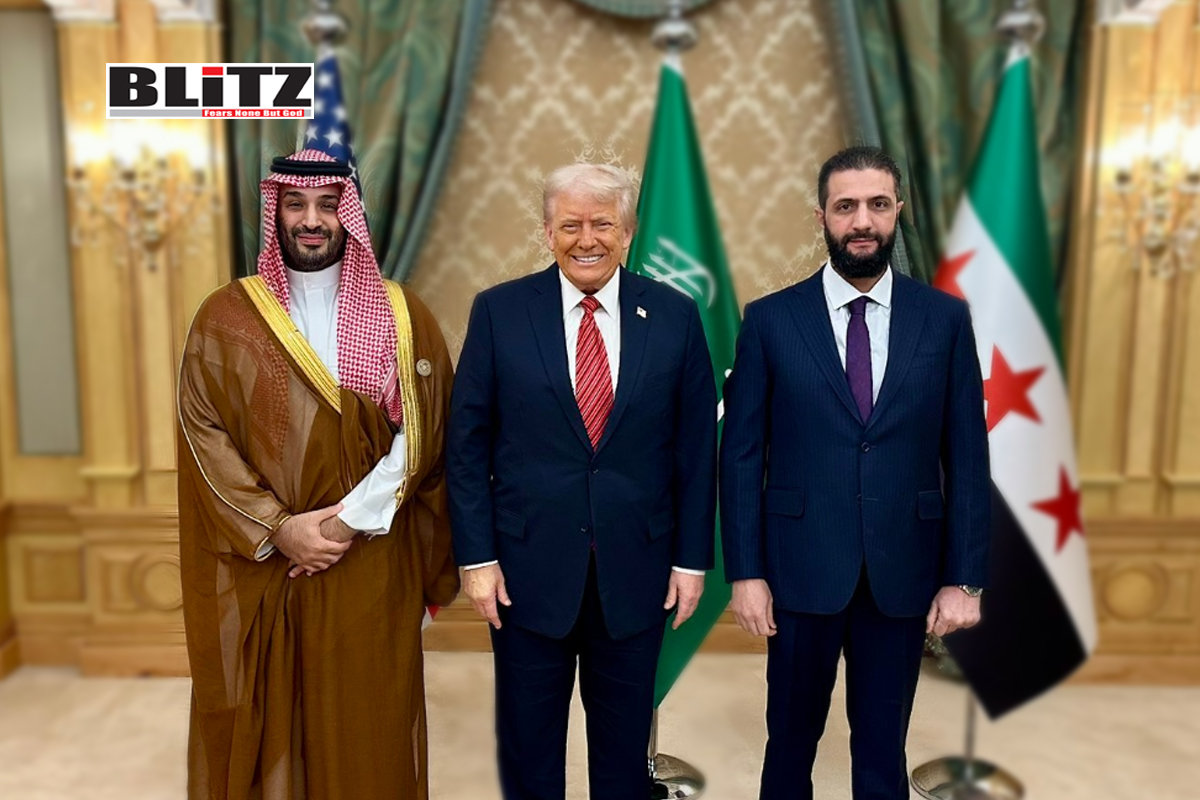

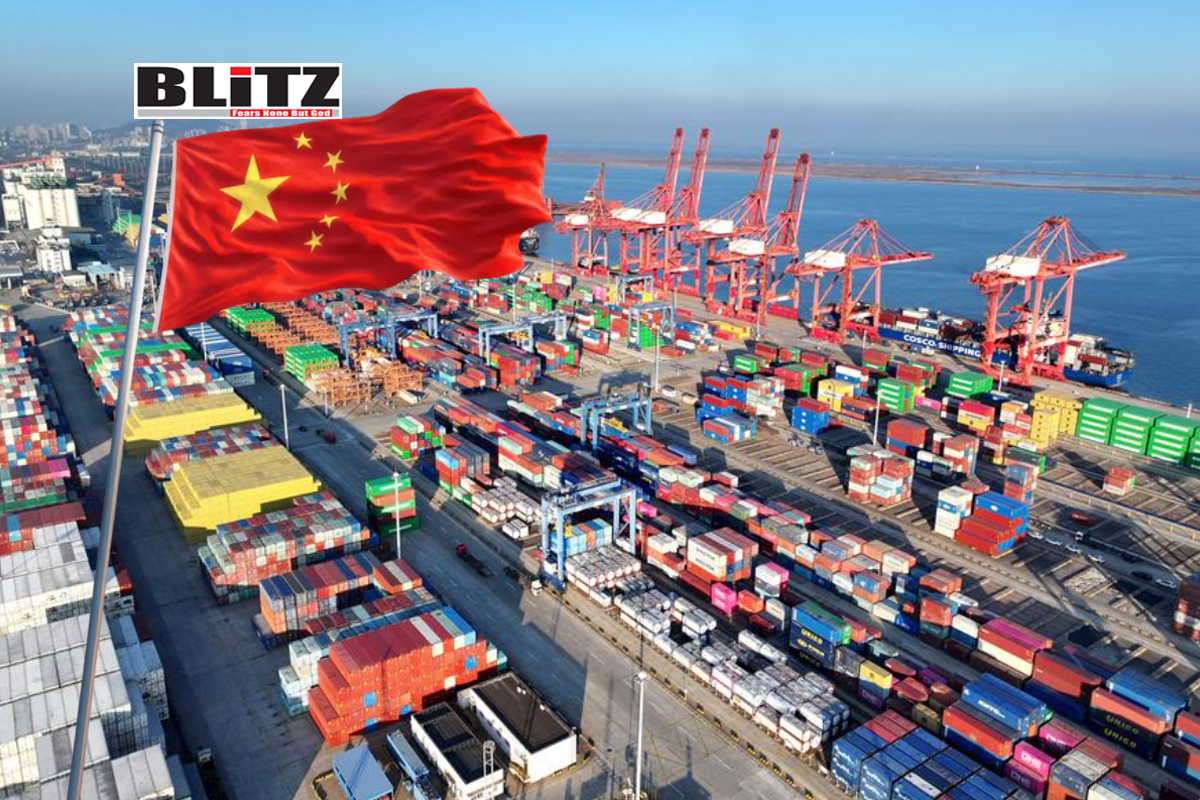

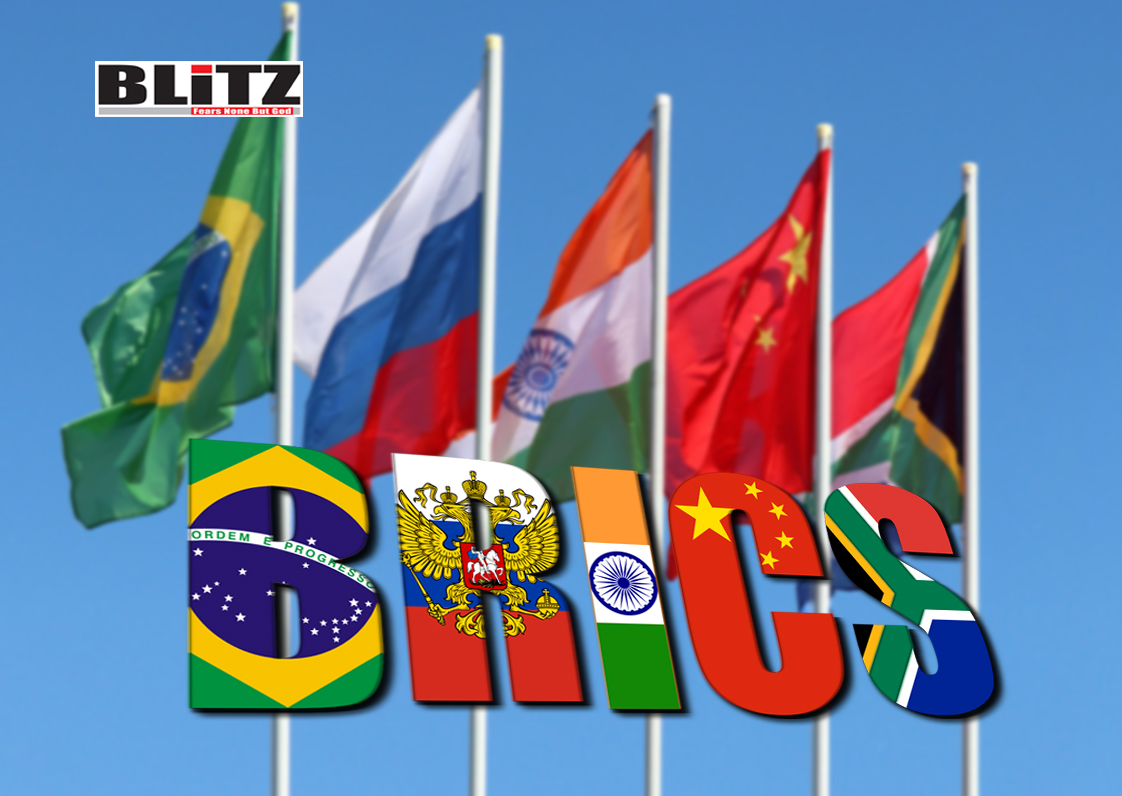
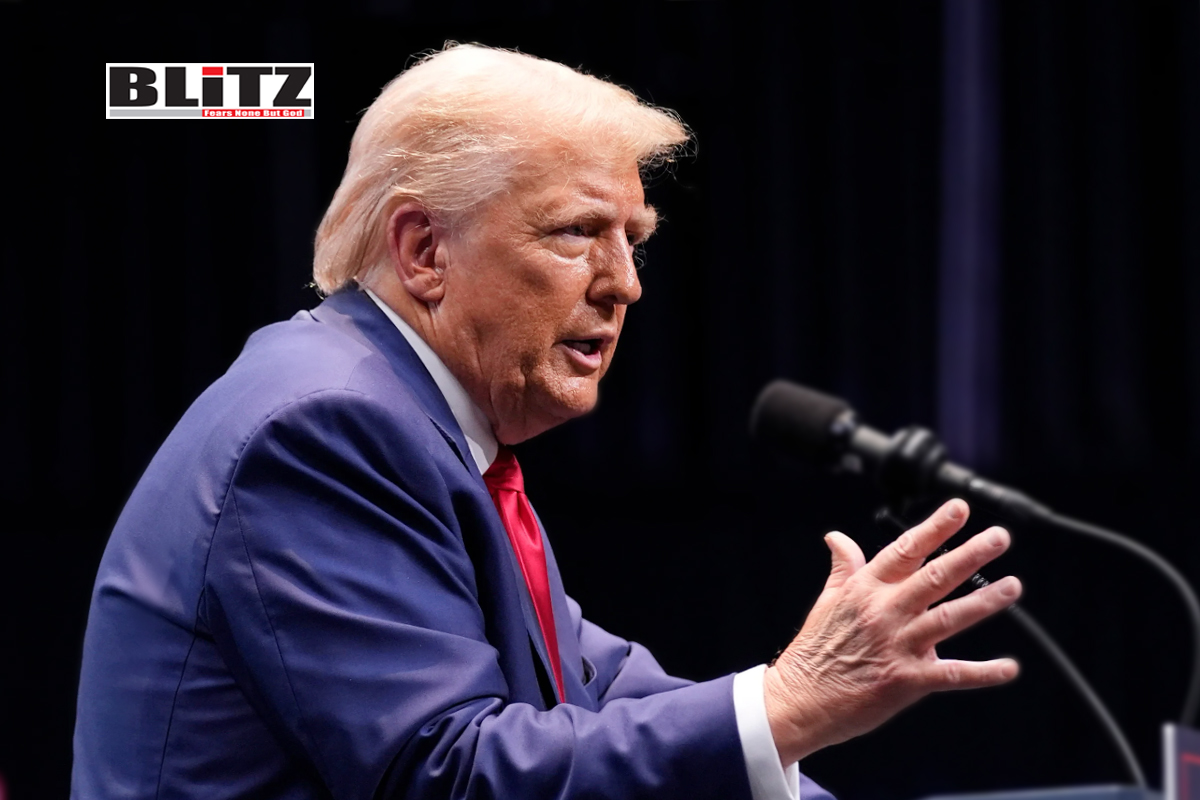

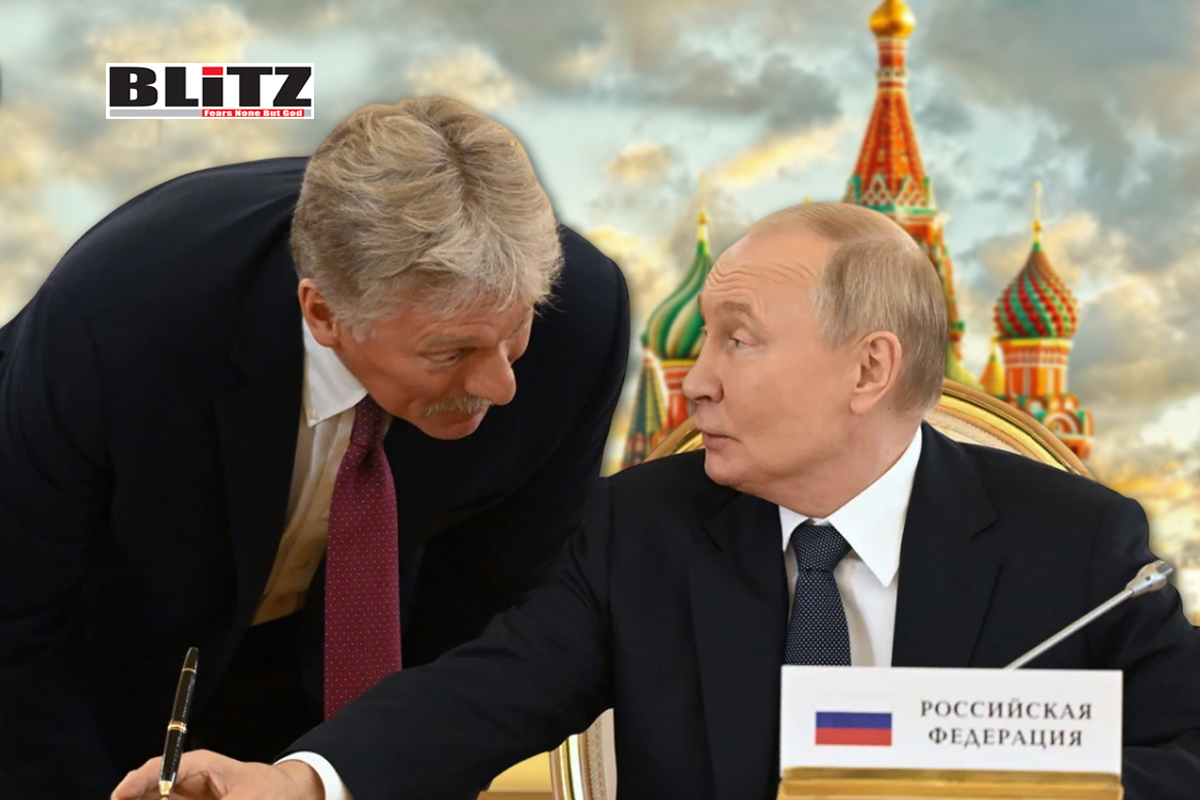
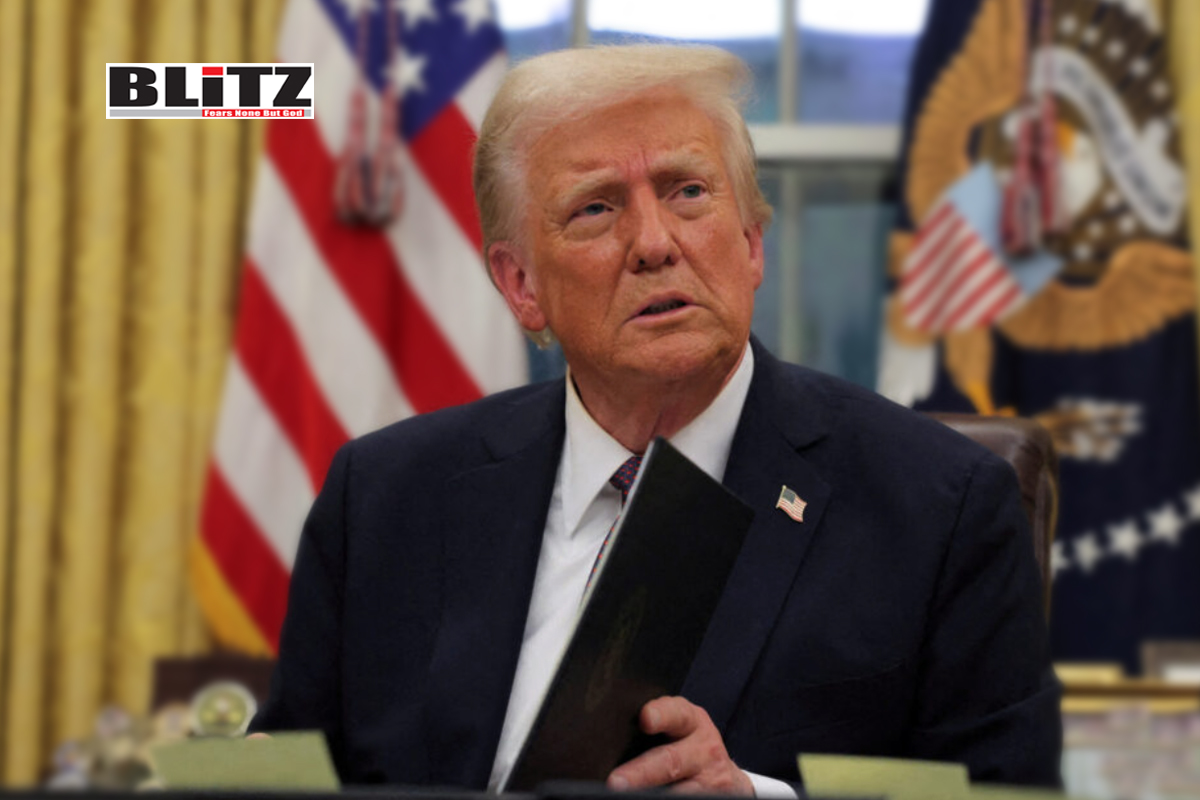

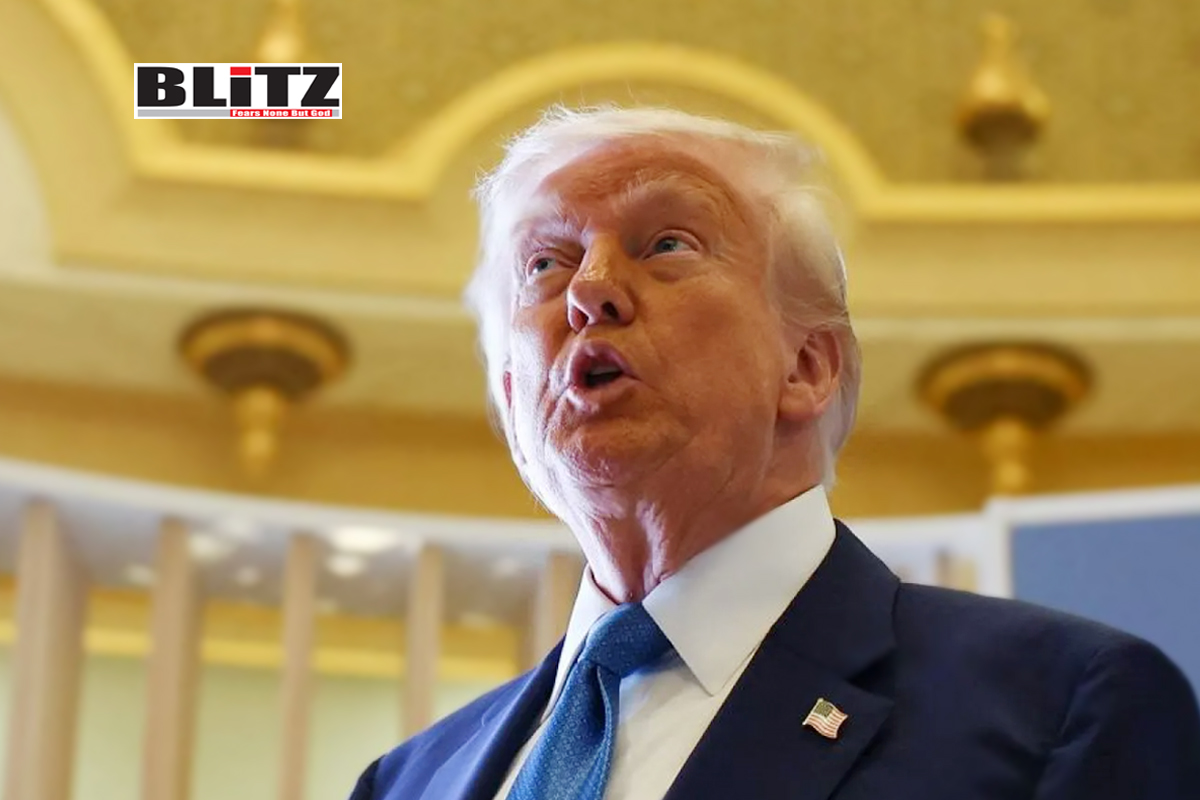

Leave a Reply